Note: Kim-Fashion.net participates in various affiliate marketing programs, which means we may get paid commissions on editorially chosen products purchased through our links to the retailer site
The Ultimate Guide to Short Haircuts: Answering All Your Questions. Thinking about going short? Getting a new haircut is a big decision, especially when it involves a dramatic change like a short haircut. To help you make an informed choice and ensure you love your new look, we’ve compiled a list of great questions to ask your stylist before taking the plunge. Below, we’ve provided detailed answers to each question to guide you through the process.
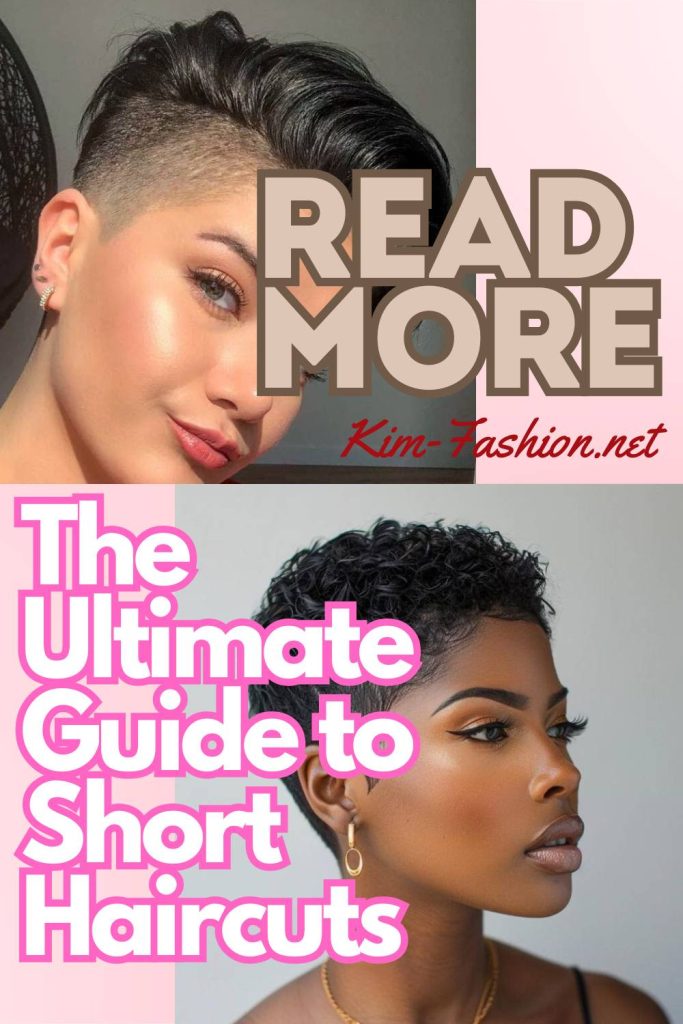
1. What type of short haircut will suit my face shape?
- Answer: Your face shape plays a crucial role in determining the most flattering short haircut. For example, a pixie cut suits heart-shaped faces, while a bob can complement oval and round faces. Ask your stylist for recommendations based on your specific face shape.
2. How much maintenance does this haircut require?
- Answer: Short haircuts generally require more frequent trims to maintain their shape. Depending on the style, you may need to visit the salon every 4-6 weeks. Daily styling might also be necessary to keep your hair looking fresh.
3. What styling products will I need to maintain this look?
- Answer: Short haircuts often benefit from products like texturizing spray, pomade, and mousse to add volume and definition. Your stylist can recommend the best products for your specific cut and hair type.
4. Can I still pull my hair back with this cut?
- Answer: Depending on the length of your short haircut, pulling your hair back might be challenging. Some styles, like a longer bob or lob, allow for small ponytails or updos, while pixie cuts typically do not.
5. How often will I need to trim my hair to keep the style looking fresh?
- Answer: To maintain the shape and style of your short haircut, plan to visit your stylist every 4-6 weeks for a trim.
6. What styling tools are best for this haircut?
- Answer: Common tools for short hair include a good quality blow dryer, flat iron, and curling wand. Your stylist can suggest the best tools based on your haircut and desired styling.
7. How versatile is this haircut for different occasions?
- Answer: Short haircuts can be versatile with the right styling techniques. From sleek and professional to tousled and casual, you can adapt your look to suit various occasions with minimal effort.
8. Will this haircut work with my hair texture?
- Answer: Certain hair textures lend themselves better to specific short haircuts. For example, fine hair might benefit from a layered bob for added volume, while curly hair looks great in a textured pixie. Consult your stylist to find the best match for your texture.
9. How long will it take to grow out if I decide I don’t like it?
- Answer: Hair typically grows about half an inch per month. Depending on the length of the cut, it could take several months to a year or more to grow out a short haircut. Discuss transition styles with your stylist.
10. Can you show me pictures of different variations of this haircut?
- Answer: Visual aids are incredibly helpful when deciding on a haircut. Ask your stylist to show you photos of different variations to ensure you choose the right one for you.
11. What kind of layers or bangs would work best with this cut?
- Answer: Layers and bangs can add dimension and style to short haircuts. The best choice depends on your face shape, hair texture, and personal style. Your stylist can tailor these elements to suit you.
12. Will this haircut make my hair look thicker or thinner?
- Answer: Certain short haircuts can create the illusion of thicker hair, such as layered or textured cuts. Conversely, blunt cuts might make fine hair appear thinner. Discuss your goals with your stylist.
13. What are some easy styling techniques for this haircut?
- Answer: Short haircuts often require simple yet effective styling techniques. Blow-drying with a round brush, adding texture with a styling product, or using a flat iron for sleekness are common methods.
14. How will this haircut change my daily hair routine?
- Answer: Short haircuts can simplify your daily routine, but they might also require more frequent styling. Discuss your lifestyle and desired maintenance level with your stylist.
15. Will this haircut complement my lifestyle and activities?
- Answer: Consider your daily activities and overall lifestyle when choosing a haircut. Active individuals might prefer low-maintenance styles, while those with more time for styling can opt for intricate cuts.
16. Can you recommend any specific products to enhance this style?
- Answer: Your stylist can recommend products tailored to your haircut and hair type, such as volumizing mousse, texturizing spray, or smoothing serum.
17. What are some common challenges with this haircut and how can I address them?
- Answer: Common challenges include maintaining volume, preventing flatness, and managing growth. Your stylist can offer tips and tricks to address these issues effectively.
18. How does this haircut look when it starts growing out?
- Answer: Some short haircuts grow out gracefully, while others may require more frequent trims to avoid awkward stages. Discuss transition plans with your stylist.
19. Can this haircut be adapted for different occasions (casual, professional, formal)?
- Answer: Yes, short haircuts can be adapted with the right styling techniques. For example, a sleek bob can be professional, while adding curls or waves can make it more casual or formal.
20. What type of fringe or bangs would suit my face with this haircut?
- Answer: The right fringe or bangs depend on your face shape and the overall haircut. Your stylist can recommend options like side-swept bangs, blunt bangs, or no bangs.
21. Can I add color or highlights to this haircut for added dimension?
- Answer: Adding color or highlights can enhance the texture and dimension of short haircuts. Discuss color options with your stylist to complement your new cut.
22. How does this haircut look on people with similar features to mine?
- Answer: Seeing examples of people with similar features can help you visualize the haircut on yourself. Ask your stylist for photos or look for inspiration online.
23. What should I do if I’m not satisfied with the haircut?
- Answer: Communicate any concerns with your stylist immediately. They can make adjustments or suggest styling tips to help you feel more confident with your new look.
24. Can this haircut be easily transitioned to another style in the future?
- Answer: Discuss future style goals with your stylist to ensure the haircut can transition smoothly into another desired look.
25. How do I prevent this short haircut from looking flat or lifeless?
- Answer: Use volumizing products, consider layers, and blow-dry with a round brush to add volume. Your stylist can provide specific tips based on your haircut.
26. What kind of aftercare will my hair need post-cut?
- Answer: Proper aftercare includes regular trims, using recommended styling products, and protecting your hair from heat damage. Follow your stylist’s aftercare instructions.
27. Are there any seasonal considerations for this haircut?
- Answer: Short haircuts can be ideal for warmer seasons due to their light and breezy nature. Discuss any seasonal considerations with your stylist, such as humidity management.
28. How does this haircut complement my personal style and wardrobe?
- Answer: Choose a haircut that aligns with your personal style and wardrobe. Consider how the new look will enhance your overall appearance and fashion choices.
29. What are some alternative short haircuts if I’m unsure about this one?
- Answer: Explore alternative options with your stylist, such as different lengths, layers, or textures, to find the best fit for you.
30. What is the best way to communicate my desired length and style to ensure accuracy?
- Answer: Bring photos, use specific measurements, and clearly describe your preferences to your stylist. Clear communication ensures you get the exact look you want.
By asking these questions and considering the answers, you’ll be well-prepared to make the best decision for your new short haircut. Enjoy the confidence and fresh look that comes with a stylish shortcut!
These short haircuts offer a range of styles to suit different preferences and hair types.
Pixie Cut
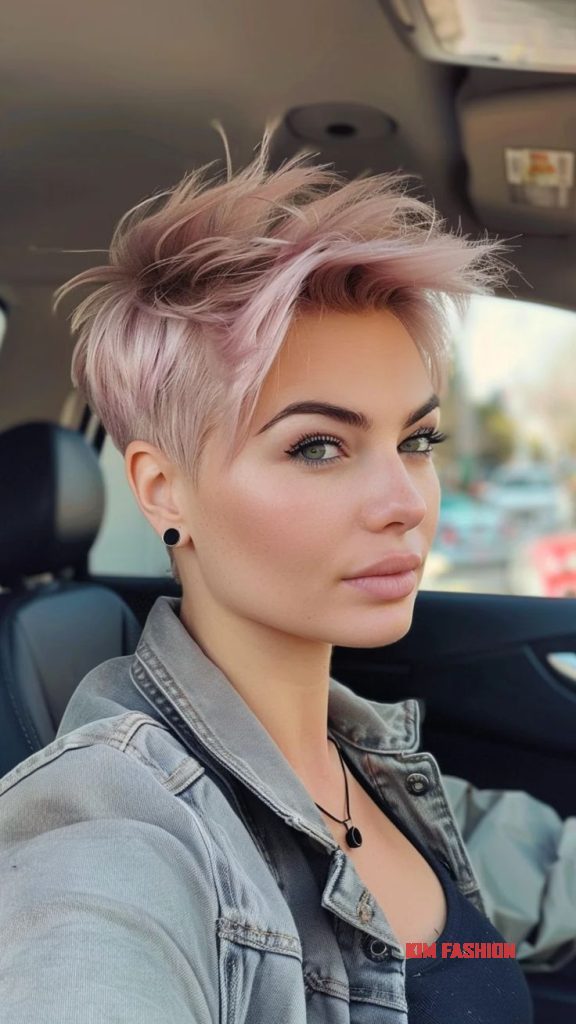
Pixie Cut: A classic short style that can be edgy or feminine, depending on the length and styling.
Bob Cut
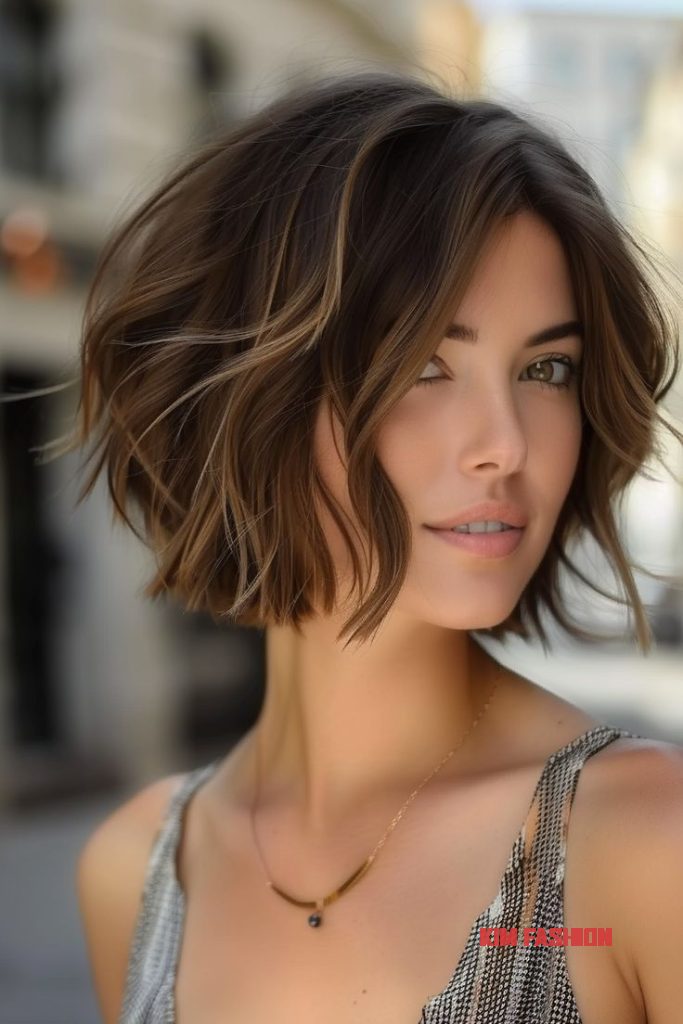
Bob Cut: Timeless and versatile, ranging from a blunt bob to a layered bob.
Asymmetrical Bob
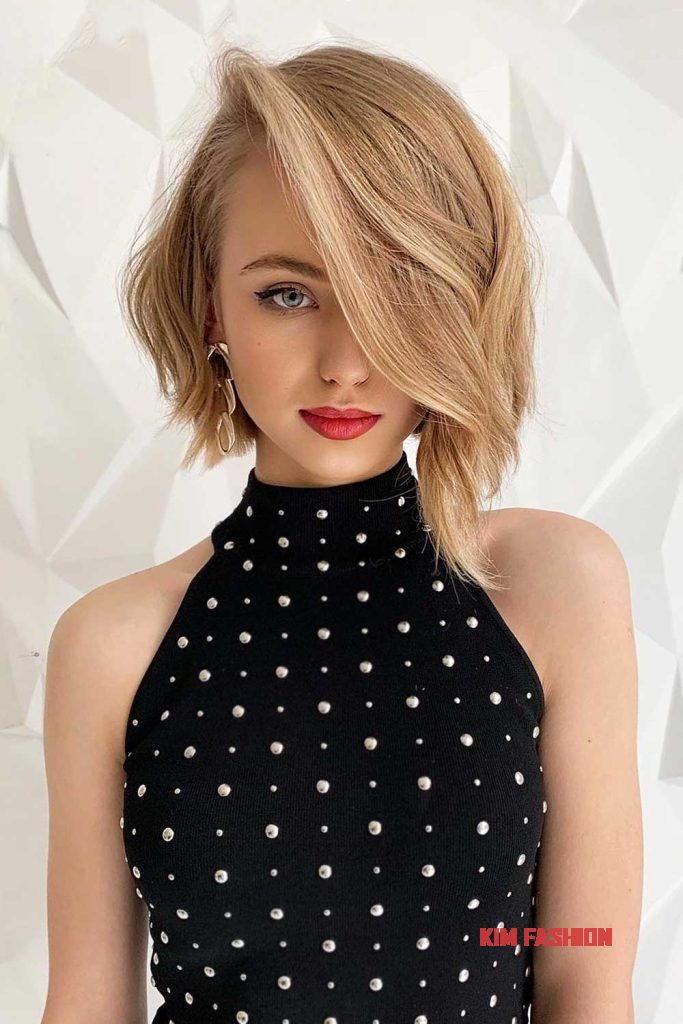
Asymmetrical Bob: A modern twist on the classic bob with one side longer than the other.
Undercut Pixie
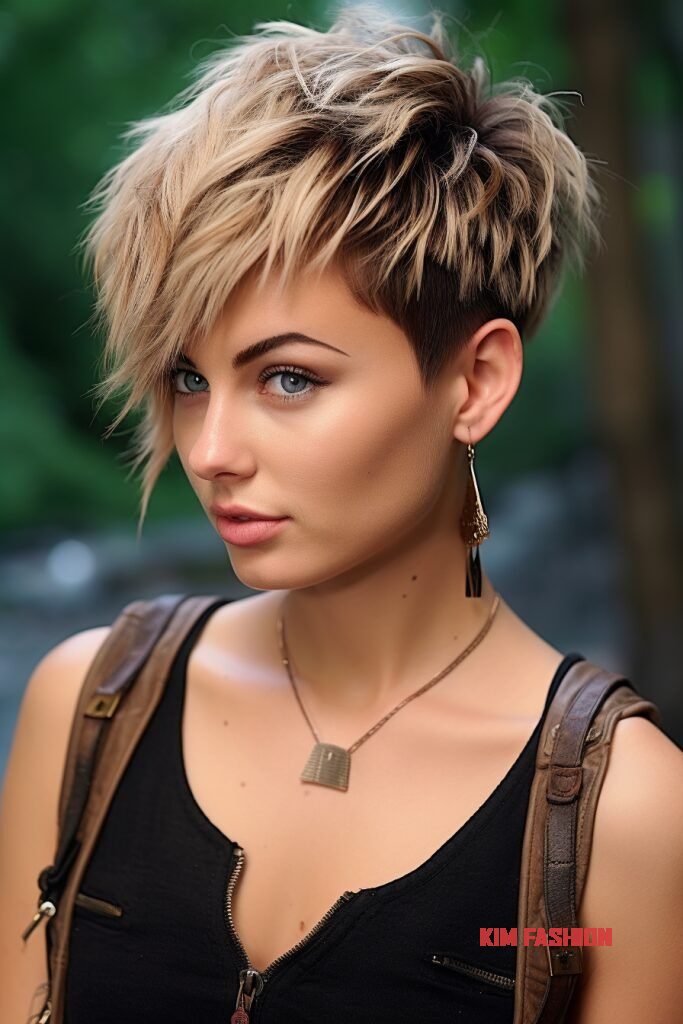
Undercut Pixie: A bold pixie with one or both sides shaved for a dramatic look.
Curly Pixie
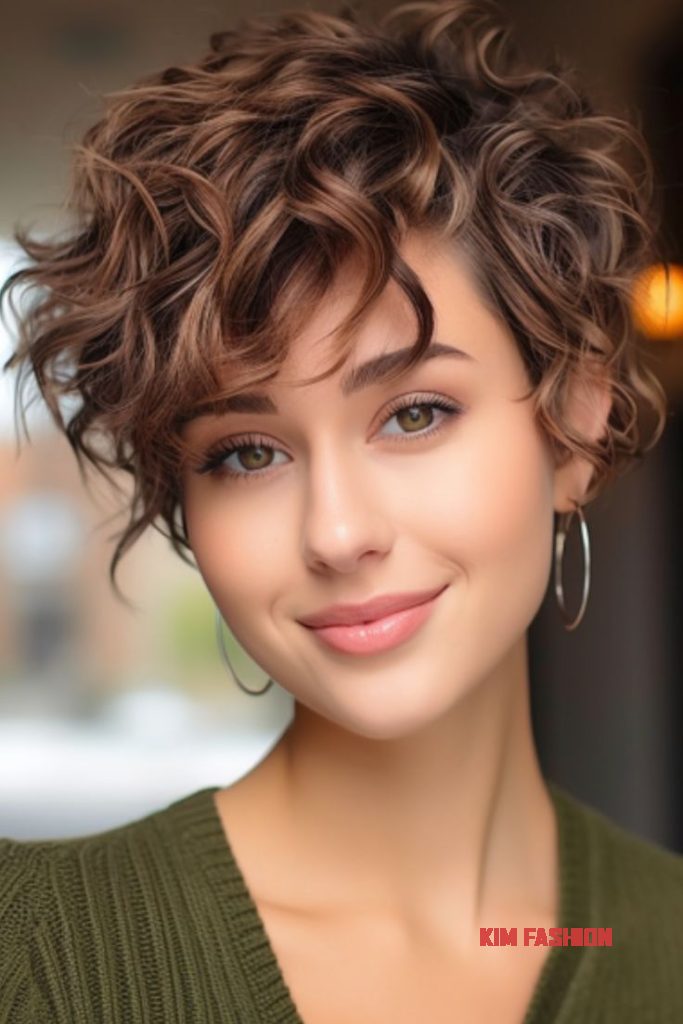
Curly Pixie: Perfect for those with natural curls, offering a playful and textured look.
Textured Bob
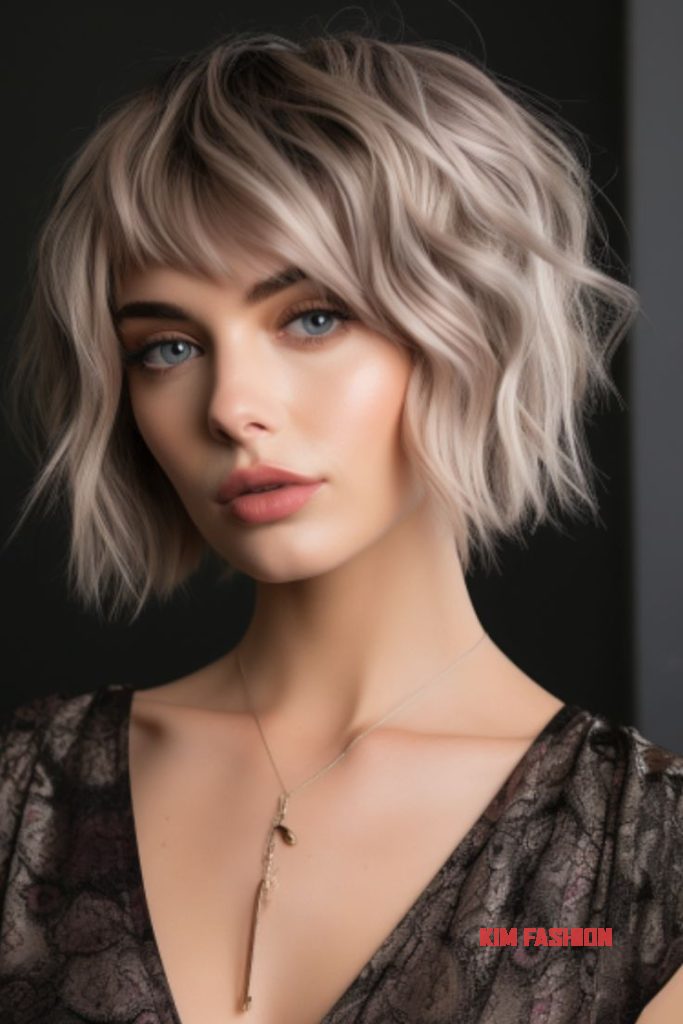
Textured Bob: Layers add movement and volume to a traditional bob.
Shaggy Bob
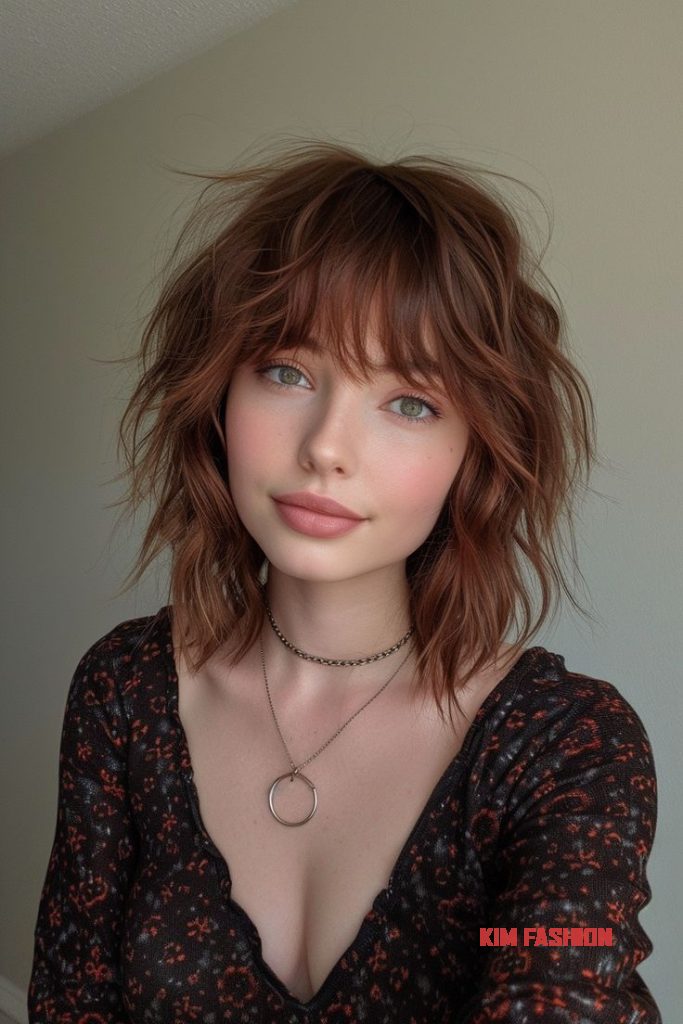
Shaggy Bob: Messy layers give a relaxed, rock-and-roll vibe.
A-Line Bob
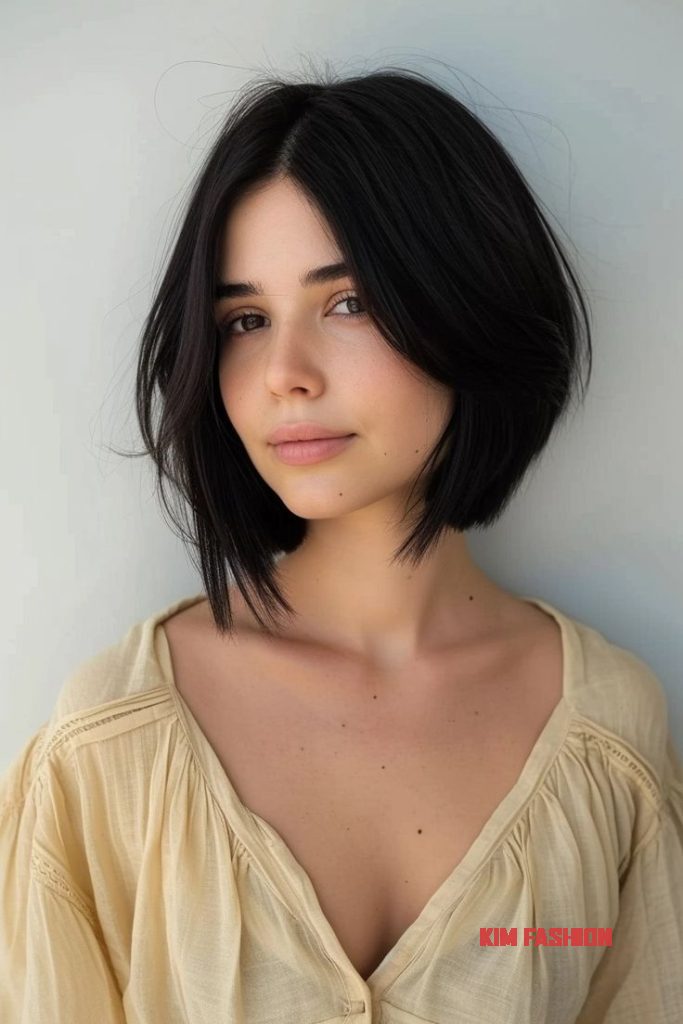
A-Line Bob: Shorter in the back and longer in the front, creating a sleek, angled look.
Blunt Cut
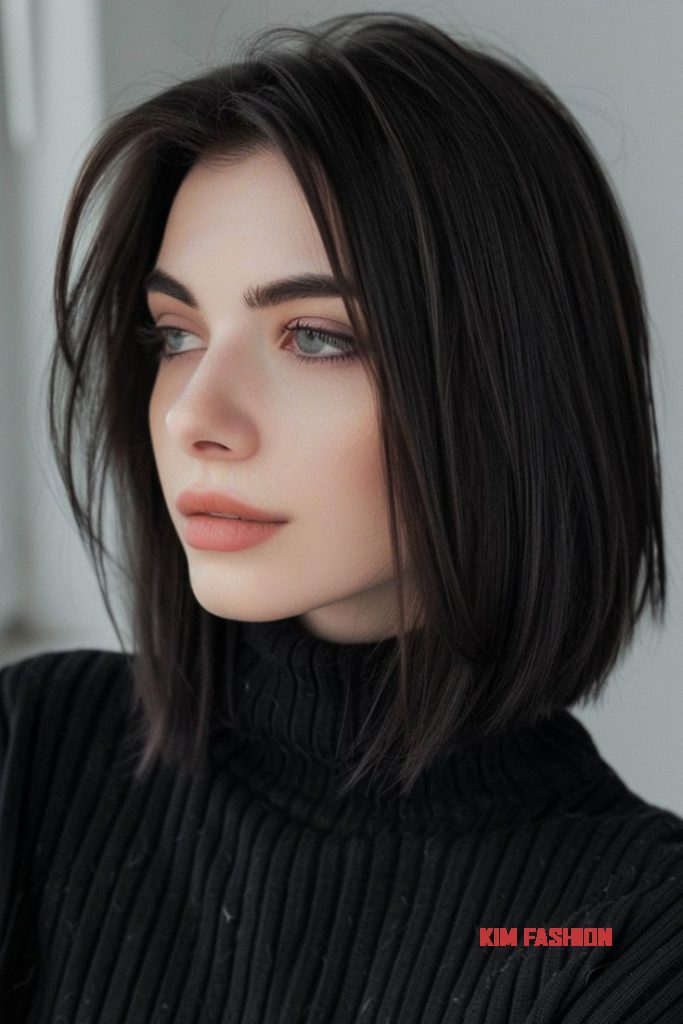
Blunt Cut: Sharp and straight across, great for thick hair.
Long Bob
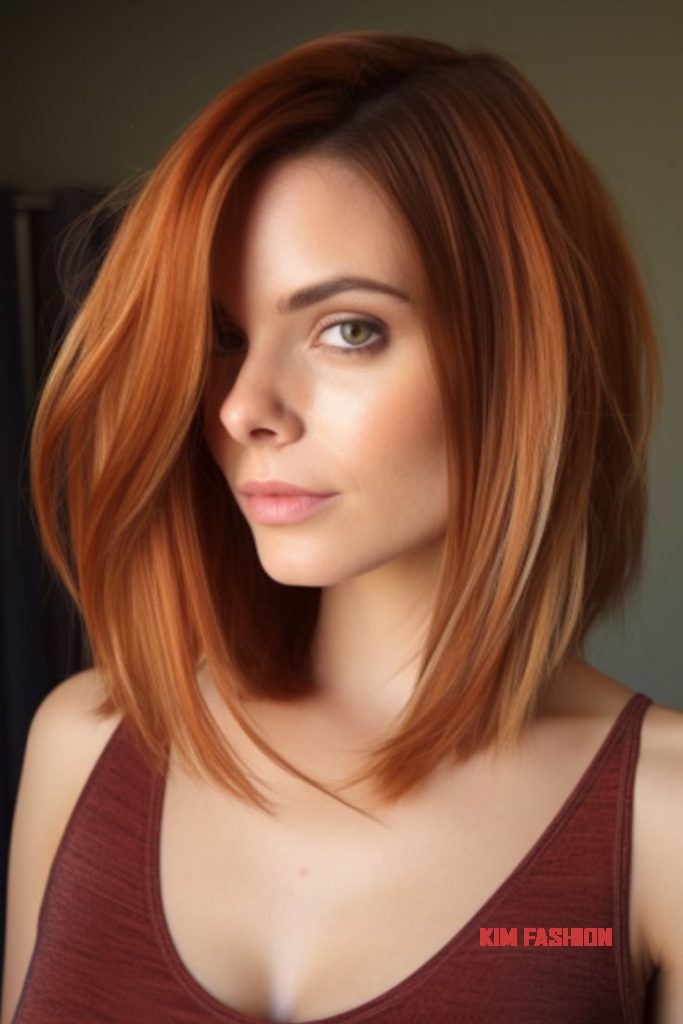
Classic Lob (Long Bob): Just above the shoulders, a lob offers more styling options.
Layered Pixie
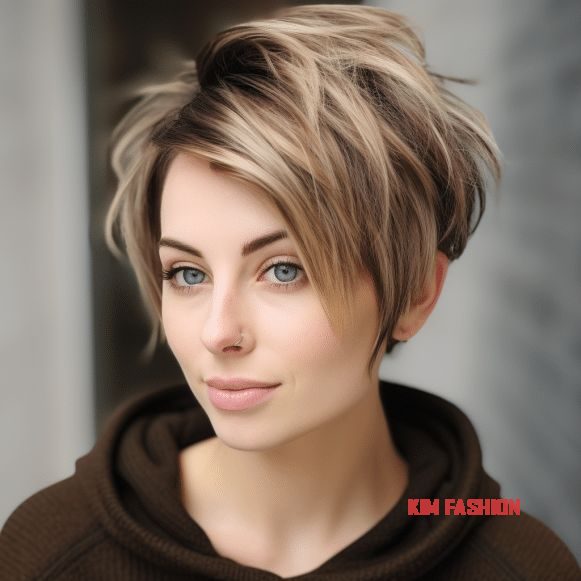
Layered Pixie: Layers add dimension and volume, great for fine hair.
Tapered Cut
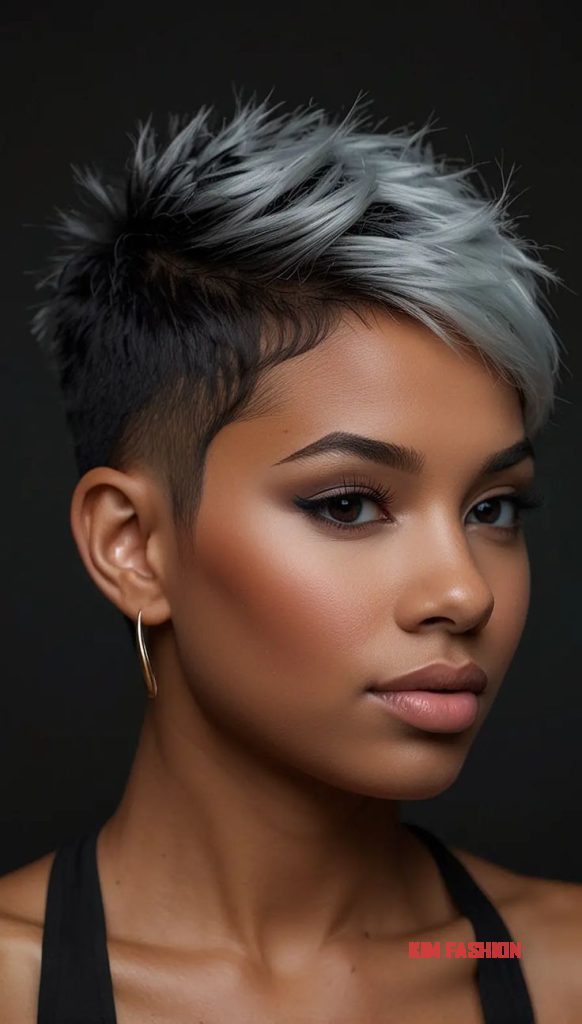
Tapered Cut: Shorter on the sides and back, with more length on top for styling.
Choppy Bob
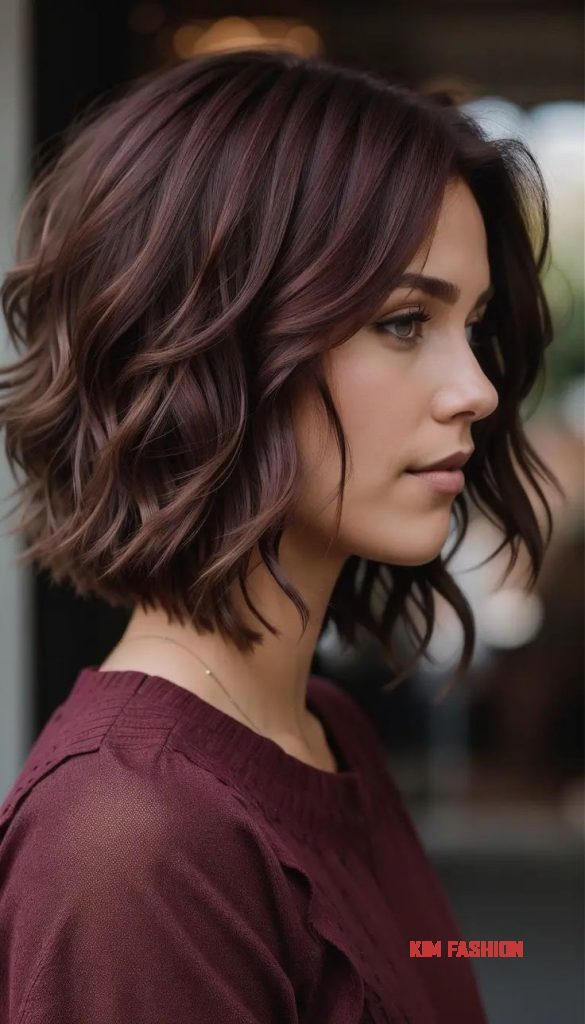
Choppy Bob: Irregular, choppy layers for a playful, edgy style.
Bowl Cut
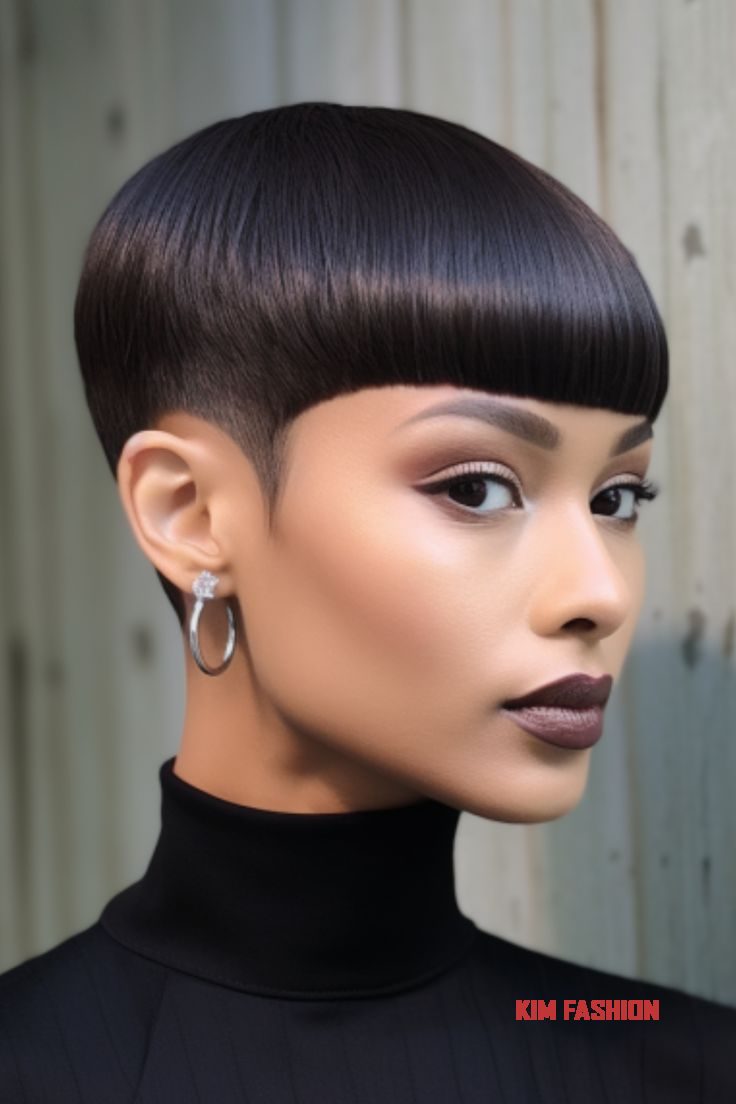
Bowl Cut: A bold, retro look that’s making a comeback.
Side-Swept Pixie
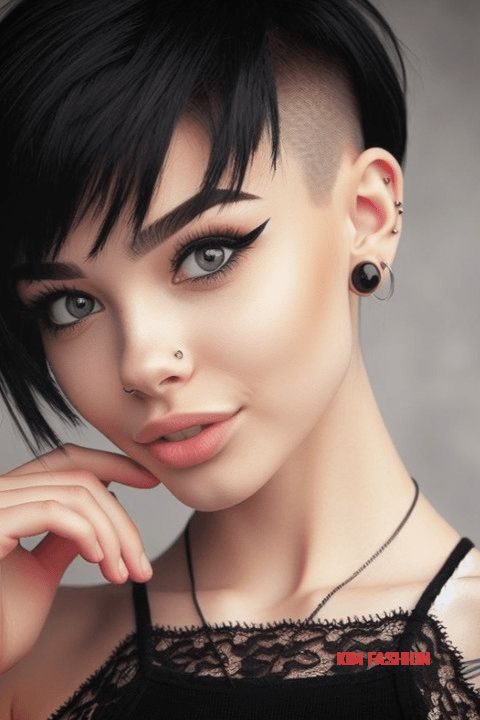
Side-Swept Pixie: Longer bangs swept to one side for a soft, feminine look.
Wavy Bob
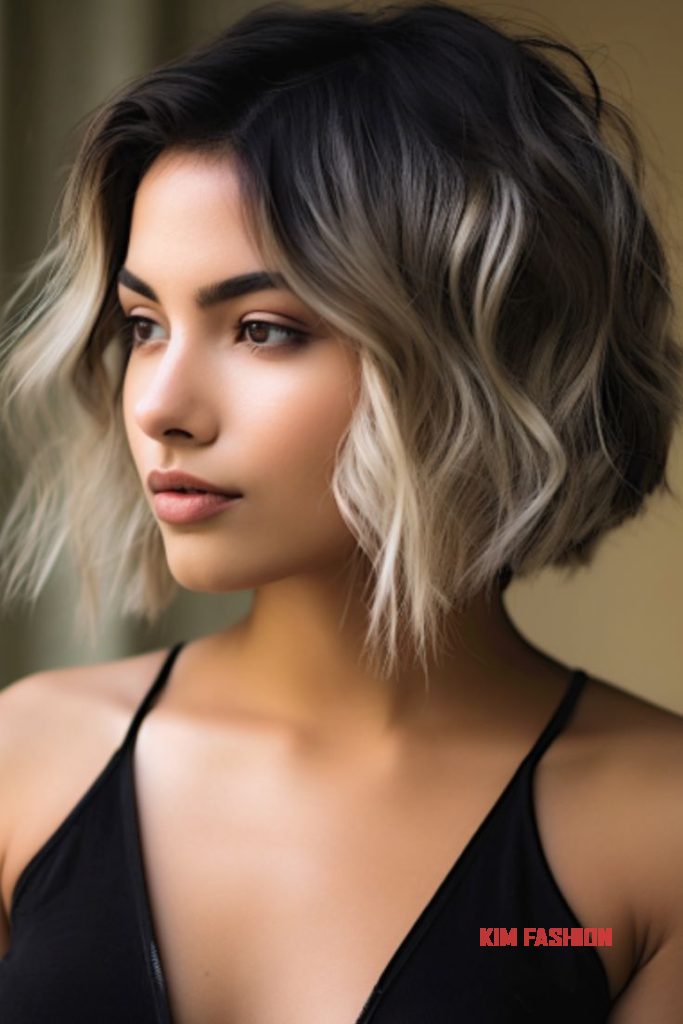
Wavy Bob: Loose waves add texture and volume to a bob.
French Bob
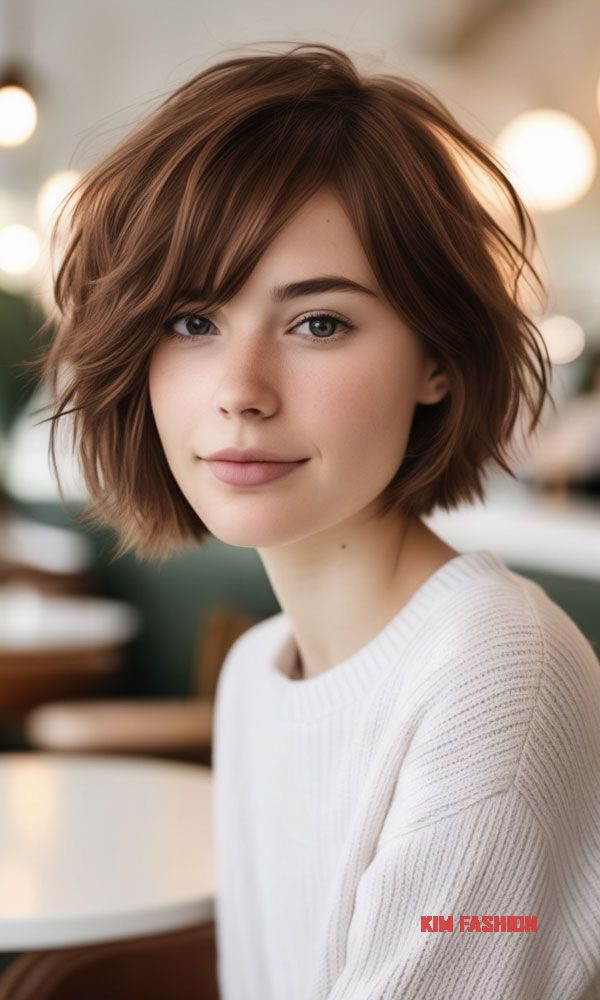
French Bob: A short bob with a fringe, often chin-length and slightly wavy.
Feathered Bob
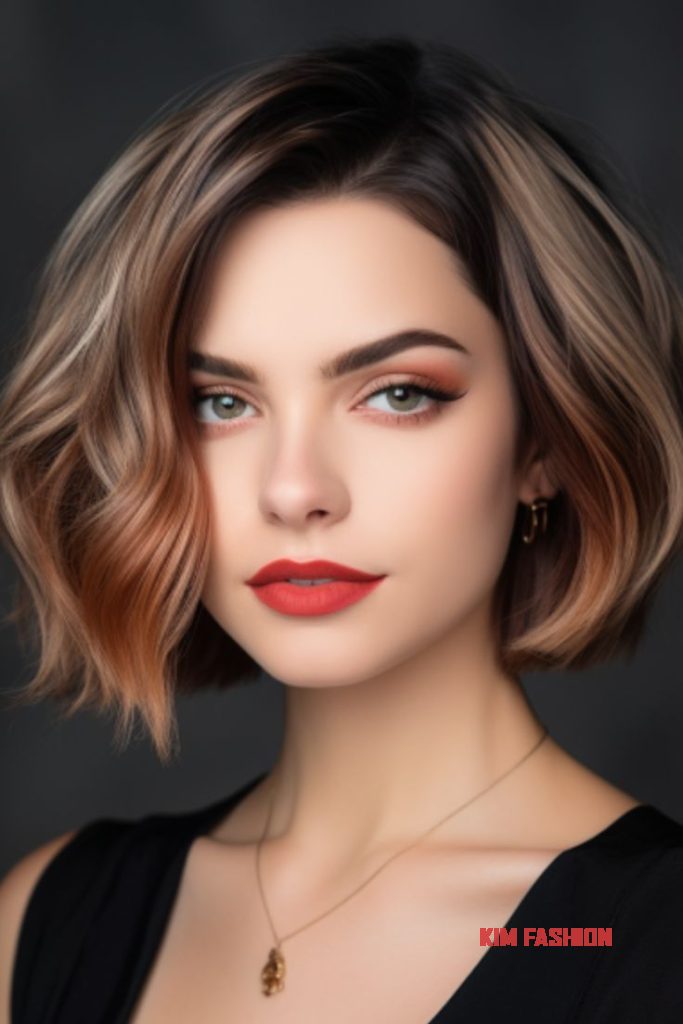
Feathered Bob: Light, airy layers that create movement.
Edgy Pixie
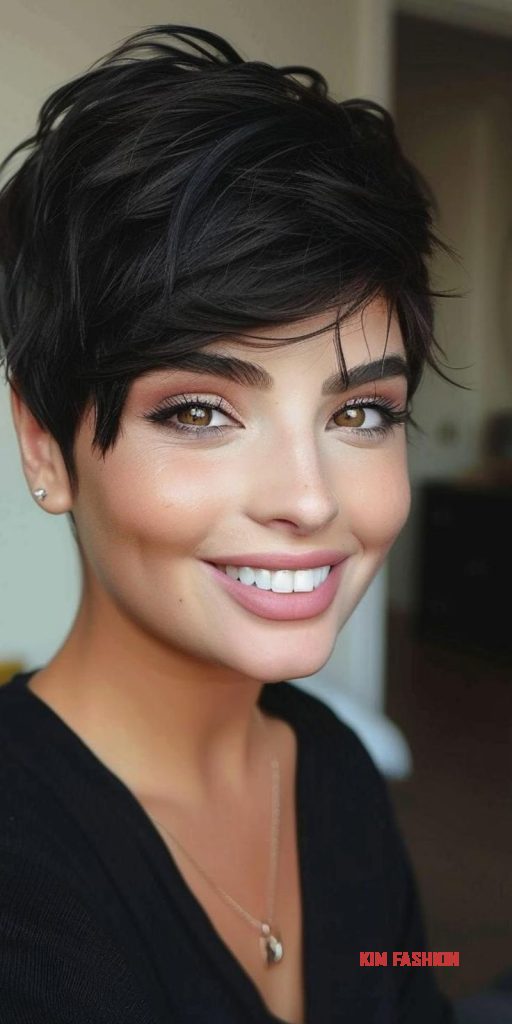
Edgy Pixie: Very short on the sides with longer, textured top layers.
Bixie Cut
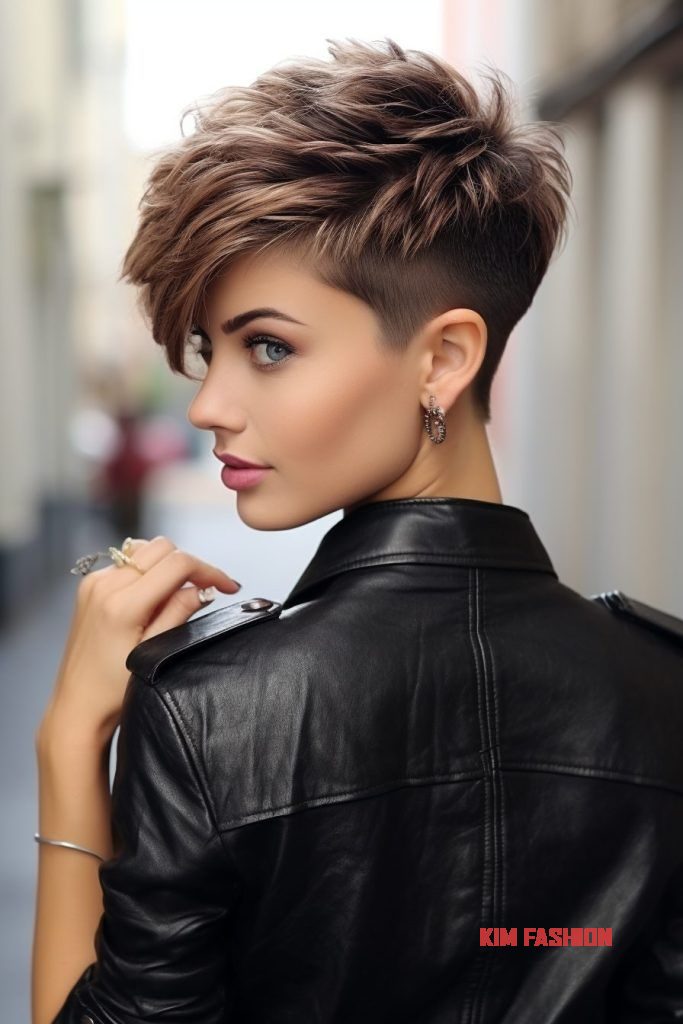
Bixie Cut: A blend between a bob and a pixie, offering more length than a pixie but shorter than a bob.
Buzz Cut
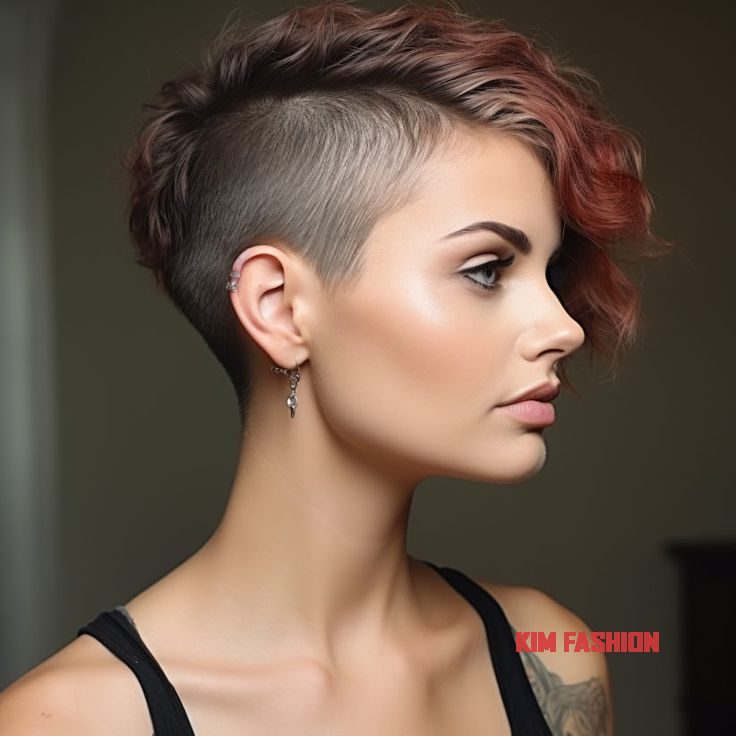
Buzz Cut: Extremely short, low-maintenance, and bold.
Mullet Hairstyle

Mullet: Short in the front and sides, longer in the back for a retro yet trendy look.
Mohawk Pixie
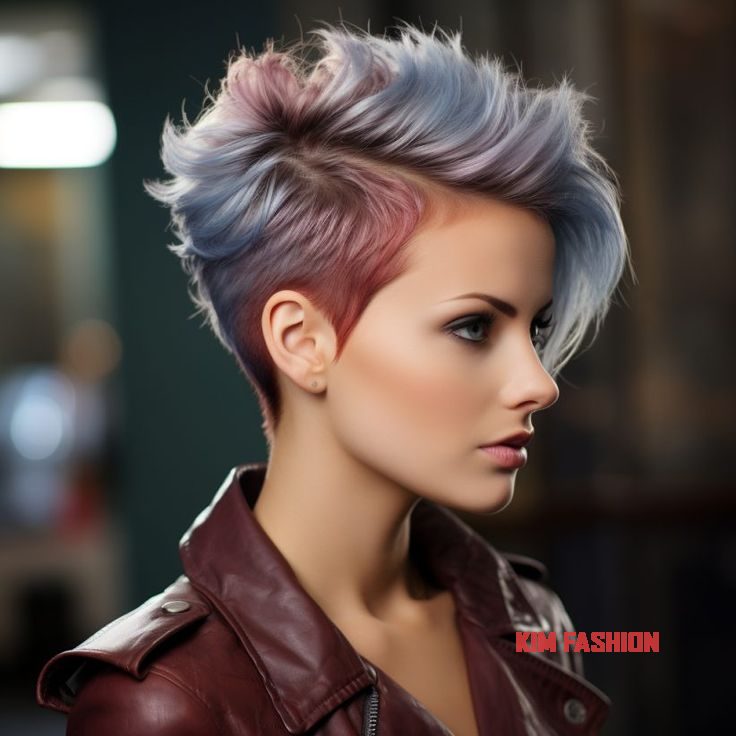
Mohawk Pixie: A pixie cut with a longer, styled strip down the center.
Disconnected Undercut
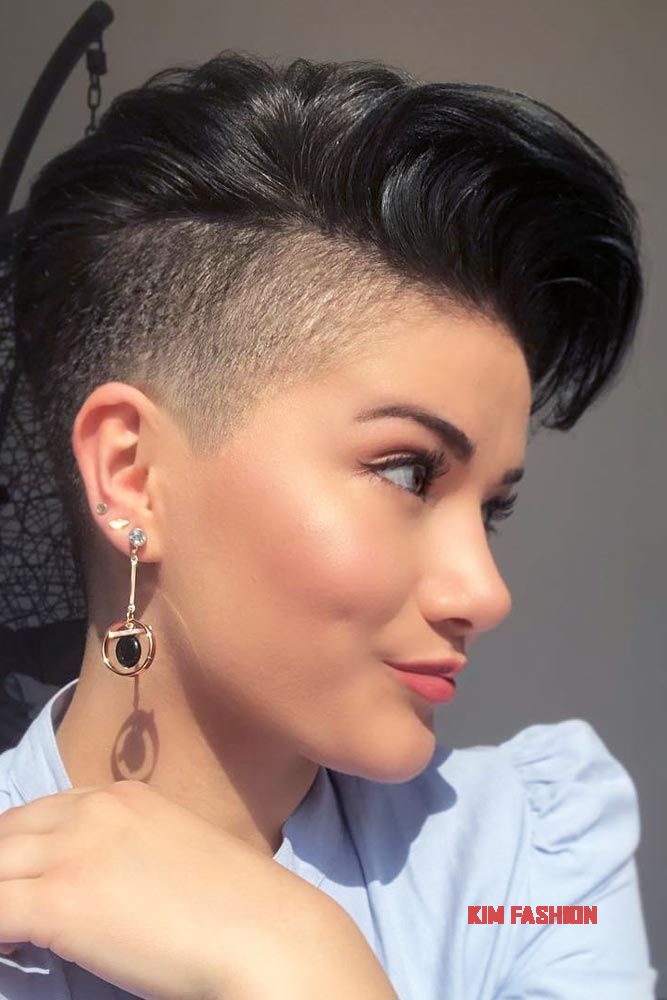
Disconnected Undercut: Longer on top with a noticeable difference from the shaved sides.
Graduated Bob
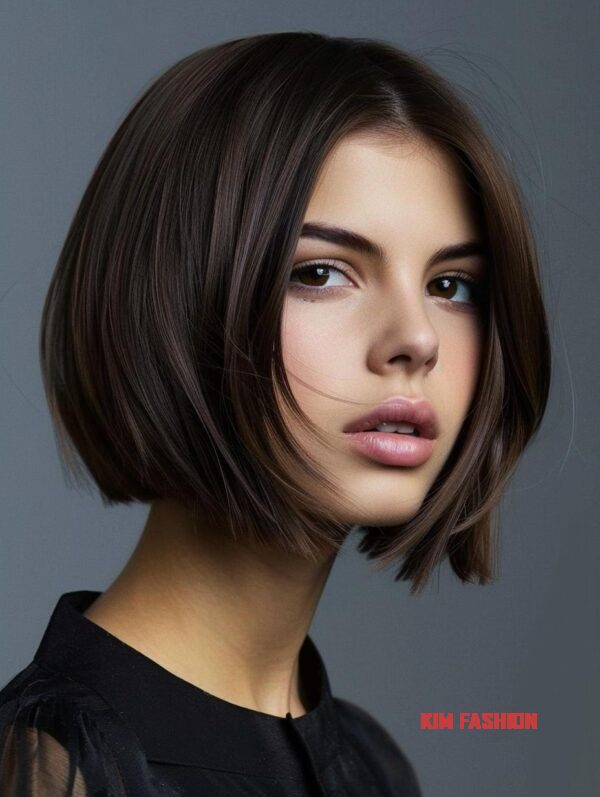
Graduated Bob: Layers stacked in the back, giving a rounded shape.
Fringe Bob
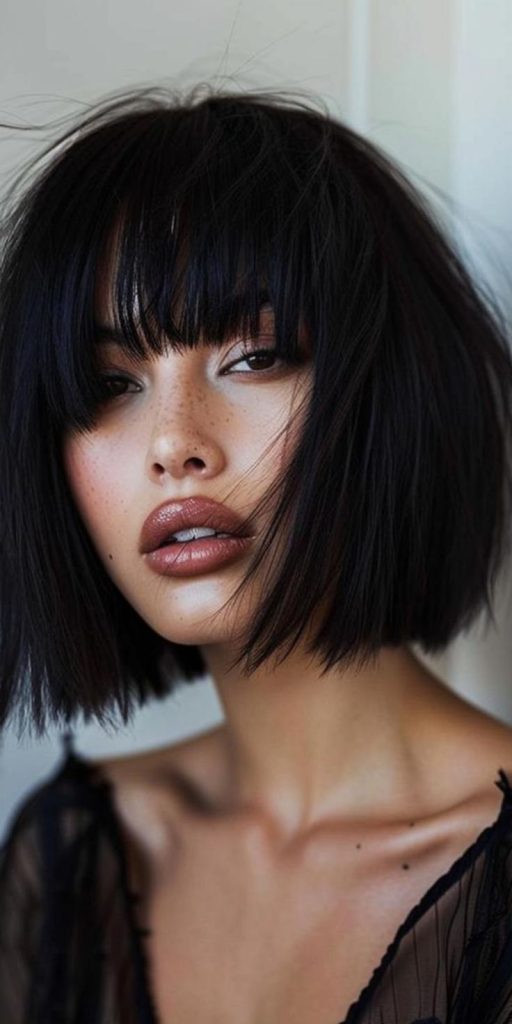
Fringe Bob: A bob with a full, blunt fringe for a dramatic effect.
Boy Cut
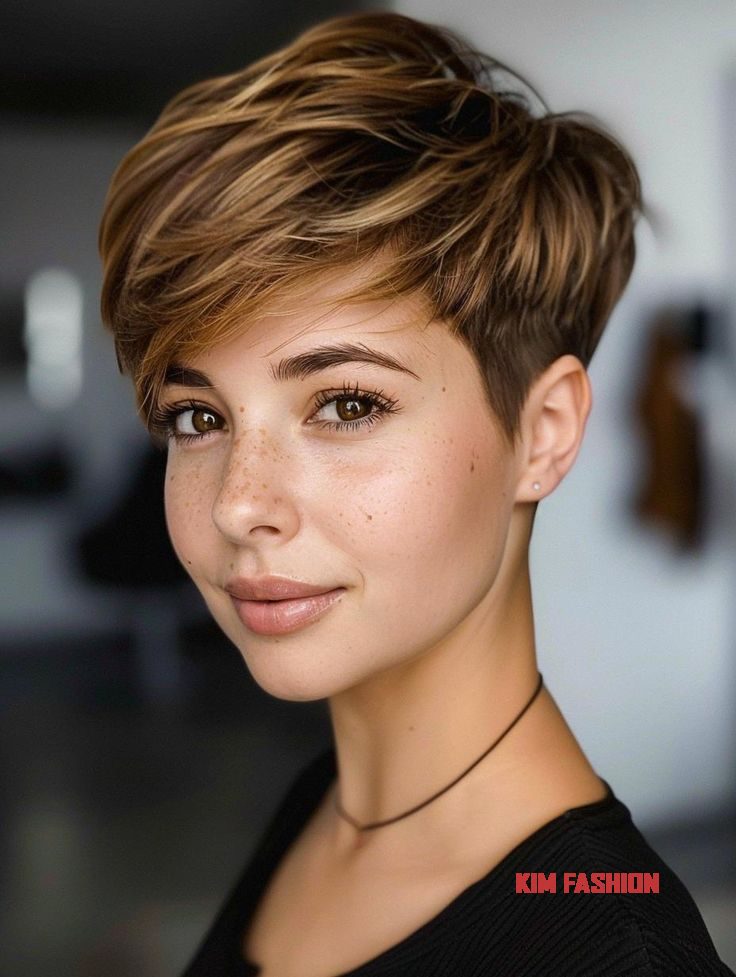
Boy Cut: A short, androgynous style that’s easy to maintain.
Slicked-Back Pixie
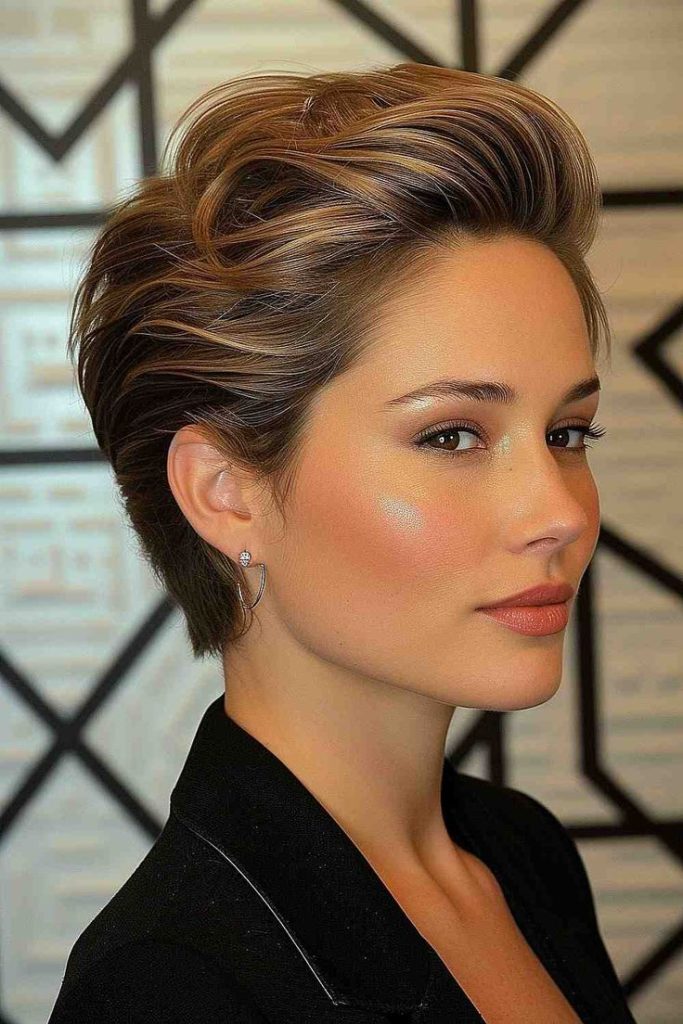
Slicked-Back Pixie: Longer top layers are slicked back for a sophisticated look.
Flipped Out Bob
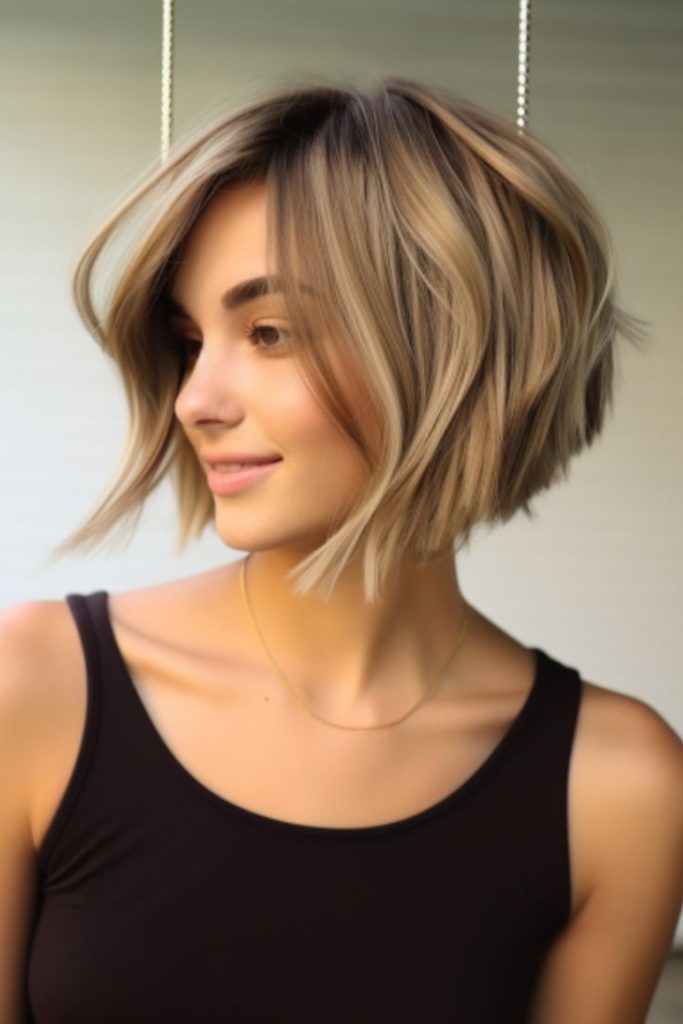
Flipped Out Bob: Ends are flipped out for a fun, retro-inspired style.
Shaved Head
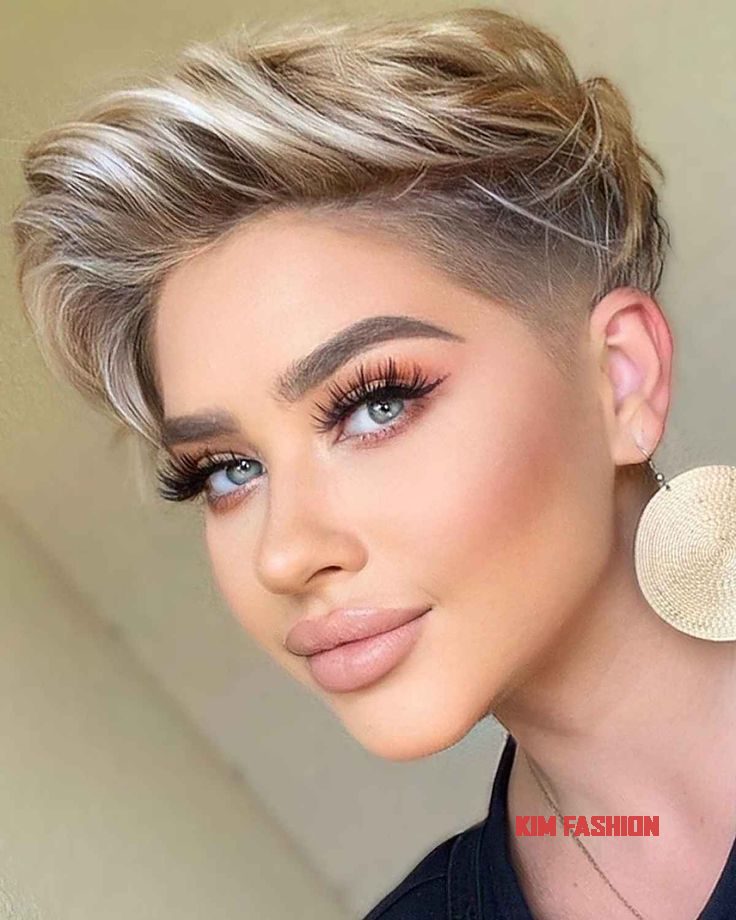
Shaved Head: Completely shaved, embracing a bold, fearless look.


